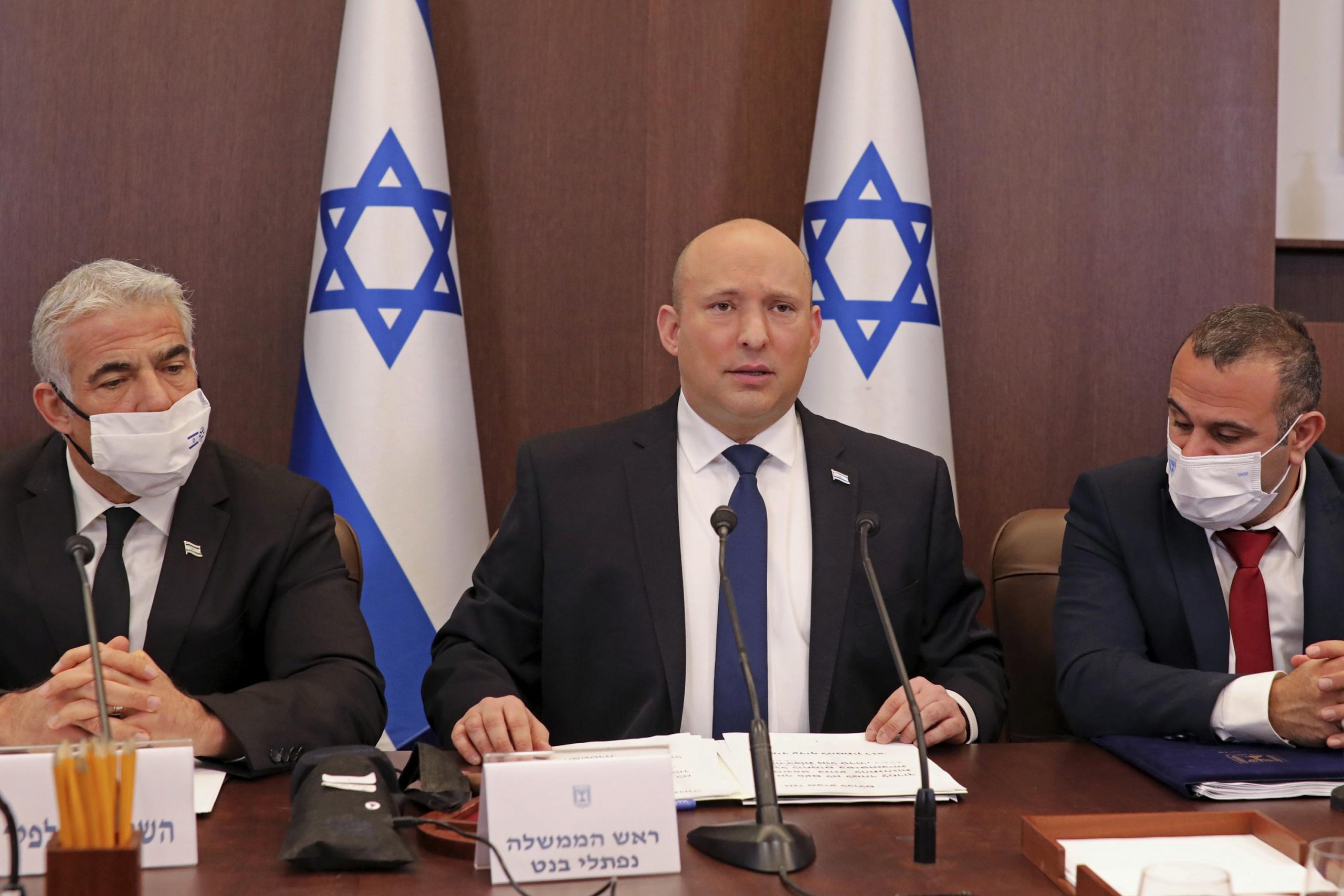Israeli Prime Minister Naftali Bennett on Tuesday said he is open to a “good” Iran nuclear deal but doesn’t believe it’s possible right now based on how negotiations are going.
“At the end of the day, of course there can be a good deal,” Bennett said to Israeli Army Radio. “Is that, at the moment, under the current dynamic, expected to happen? No, because a much harder stance is needed.”
The eighth round of talks to restore the 2015 nuclear deal resumed in Vienna on Monday, 10 days after they were paused because the Iranian negotiator returned home to consult with the government.
Iranian Foreign Minister Mohammed Javad Zarif told state TV that a “quick and proper agreement in the near future” is a possibility if the other parties involved in the negotiation show “seriousness alongside goodwill.”
Then-President Donald Trump withdrew the United States from the deal in 2018. Iran and five world powers have had been discussing the possibility of restoring it.
Iran previously said its nuclear program is for peaceful purposes. Israel opposed the 2015 deal, which gave Iran sanctions relief in return for a curb on its nuclear program.
Bennett reiterated that Israel was not bound by any accord, leaving it room to maneuver militarily.
He also denied claims by former Prime Minister Benjamin Netanyahu that he had agreed to a policy of “no surprises” with Washington, meaning that it would be frank about its military intentions regarding Iran with its prime ally and thus be potentially hobbled.
“Israel will always maintain its right to act and will defend itself by itself,” he said.
Israel has watched with concern as European nations, Russia and China have restarted talks with Iran in recent weeks. Tehran has taken a hard stance in the negotiations, suggesting everything discussed in previous rounds of diplomacy could be renegotiated and demanding sanctions relief even as it ramps up its nuclear program.
READ ALSO: 145 NGOs urge UN to provide protection to Palestinians against Israeli settlers’ attacks
Bennett has urged negotiators to tow a firmer line against Iran. Israel is not a party to the talks but has engaged in a blitz of diplomacy on the sidelines in an attempt to sway allies to put more pressure on Iran to rein in its nuclear program.
The previous round of talks, the first after a five-month-plus gap caused by the arrival of a new hardline government in Iran, was marked by tensions over new Iranian demands.
Israel says it wants an improved deal that places tighter restrictions on Iran’s nuclear program and addresses Iran’s long-range missile program and its support for hostile proxies along Israel’s borders.
Israel also says that the negotiations must be accompanied by a “credible” military threat to ensure that Iran does not delay indefinitely.













